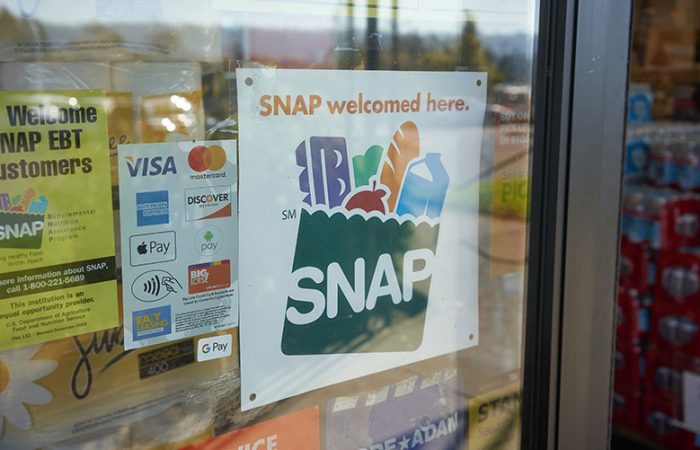With the cost of everything on the rise, supply-chain issues, and inflation at an all-time high, many Americans are finding themselves in a tough spot financially. What a lot of people don’t realize is that there are several long-standing government funded programs that offer support to those in need.
Let this article serve as a guide to help you determine which program best fits your current situation and needs. Although these are federal programs, it is most common for your state to enroll you to receive this assistance. These organizations are smaller and better able to handle individual requests. The best part about these programs is that they are NOT a loan. The money you would receive is in the form of grants and will not need to be repaid to anyone.
Understanding Federally-Funded Grants
A lot like all processes that involve the government, there will be a substantial amount of paperwork that will need to be filed in order for you to receive assistance. These programs are funded by tax dollars so proper documentation and the appropriate use of the funds is critical to sustaining these program. As stated above, these grants are not paid directly to you from the federal government, but rather through your state or local government. For starters, you can visit the U.S. Department of Health and Human Services website to select the program that best applies to you. Below we will outline some popular programs and who would likely meet the qualifications for receiving the grant money.
Top Federally Funded Grants
Supplemental Nutrition Assistance Program (SNAP)
SNAP, or what most people understand to be “food stamps” focuses on helping low-income families and individuals cover the basic costs of food. Thanks to this program, the United States has a lower hunger rate than most countries. All people can qualify for this program, but priority tends to be given to families with multiple dependents, disabled members, or elderly individuals relying on others for care. You will need to prove household income is at or below the federal poverty line. Click HERE to find more information on SNAP.
Temporary Assistance for Needy Families (TANF)
This program is designed specifically for families who hit a rough patch due to loss of a job, illness, or any other series of unfortunate events that could lead to homelessness. Programs vary by state, but all states have support from the Federal government for the TANF program.
With regard to cash assistance programs, each state makes its own policy choices about criteria such as: benefit levels, how to determine financial need, work-related activities required of applicants and recipients, rules imposed for failure to comply, and time restraints.
For more information on TANF visit this site, or select your state from this list for more information on the application process.
Low Income Home Energy Assistance Program (LIHEAP)
This energy assistance program helps keep utilities connected for low income families with rising energy costs, and in some states and circumstances this program can be used for home repairs as well. Unlike the first two programs, this grant is a one-time deal granting you one lump sum to use toward major damages, fixing your home to make it more energy efficient, or simply keeping the lights on for the next few months. Again, the application process goes through your local government. To be connected with your local program visit the Office of Community Services webpage. Additionally, you can call the National Energy Assistance Referral (NEAR) hotline at 1-866-674-6327.
If you are unsure if you qualify, you can follow this link to read more on qualification requirements.
Programs For People With Disabilities
There are several programs that aid people who have disabilities. Instead of listing all of them here we encourage you to visit the U.S. Department of Health and Human Services website to select the disability that best describes your challenges.
Programs That Support Our Military
The Department of Health and Human Services (HHS) and its operating divisions offer a variety of resources and programs specifically designed to support military families. Assistance is provided in many forms. It could be with securing a job for veterans beginning their transition to civilian life. Connecting military families with healthcare facilities to aid in primary healthcare, oral health, behavioral health and issues suffered as a result of wartime regardless of current insurance coverage. The military is not without its fair share of mental challenges. If you or a loved one is suffering with mental health complications or suicidal thoughts there are substance abuse and mental health programs available for veterans and their family. And children and families of those deployed also have access to support programs to cope with separation, loss or exposure to traumatic events.
Visit this website to learn more about the programs listed above, and to see if you qualify.
These are a handful of programs available to you free of charge and/or repayment. You should keep in mind that a lot of these programs have lengthy application processes and can vary from state to state. We suggest doing your research by following some of the links above to see if you meet eligibility requirements. We hope this article helps direct you toward peace of mind and the assistance you need.



